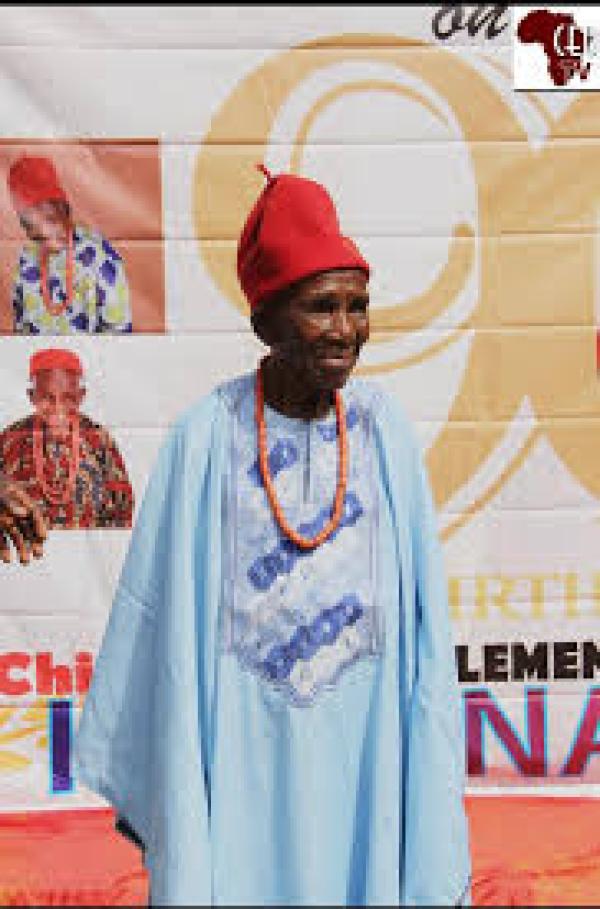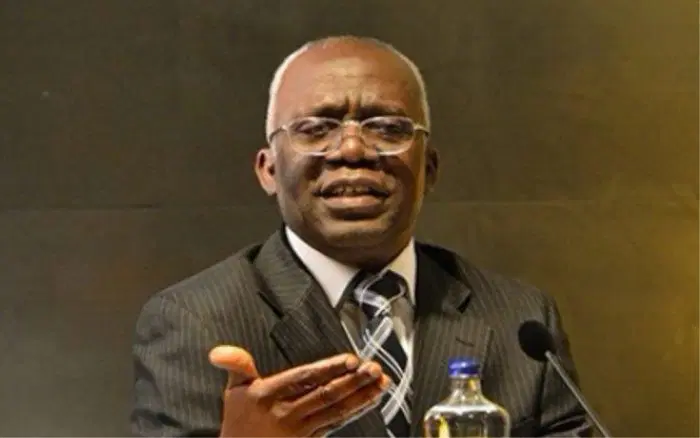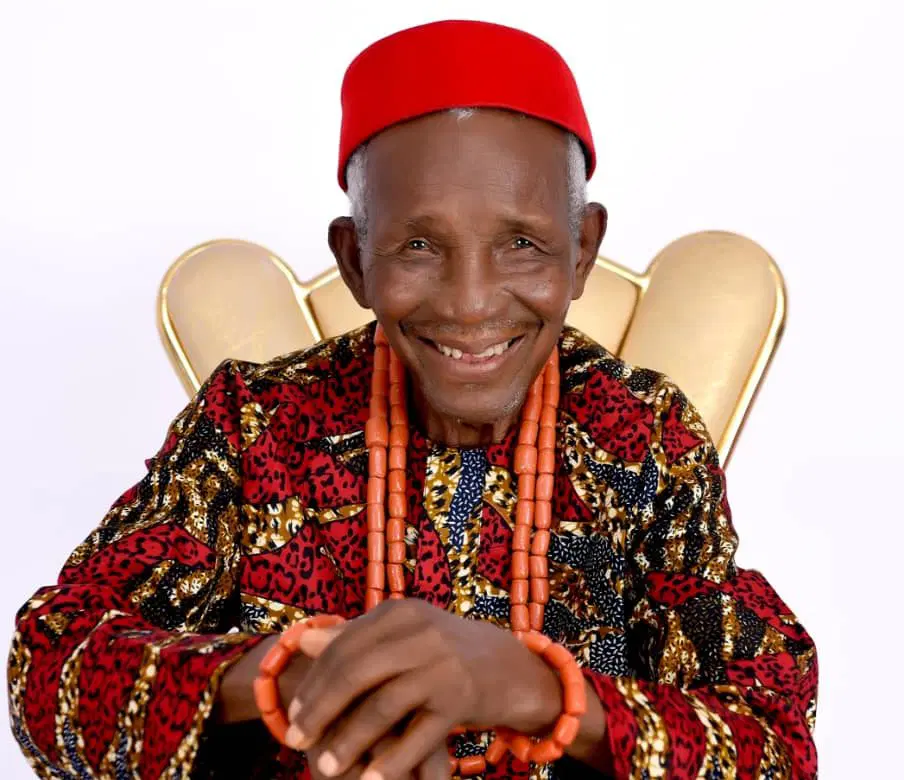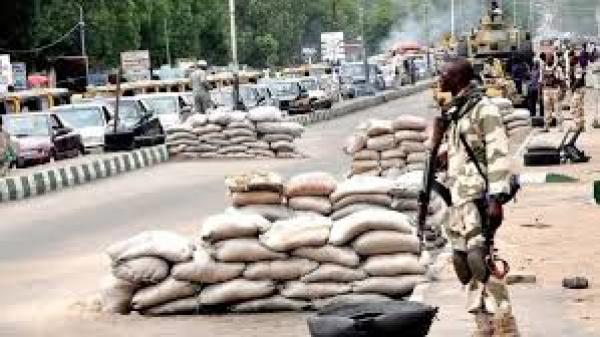
The United States is preparing to send 3,000 US military personnel to provide medical and logistical support to the overwhelmed local healthcare systems struggling to contain an Ebola outbreak in West Africa.
US President Barack Obama is expected to announce the new efforts on Tuesday during a visit to the US Centers for Disease Control and Prevention (CDC) in Atlanta amid growing concerns that the disease could spread globally or mutate into a more easily transmitted strain.
The new US plans come after appeals from the region and from aid organisations for a heightened US role in combating the outbreak, which has so far been blamed for more than 2,200 deaths with the World Health Organization warning of thousands of more cases to come.
Obama administration officials said Monday that the new initiatives aim to:
- Train as many as 500 healthcare workers per week
- Build 17 heathcare facilities with some 100 beds each
- Set up a joint command headquartered in Monrovia, Liberia, to coordinate US and international relief efforts
- Provide home healthcare kits to hundreds of thousands of households, including 50,000 that the US Agency for International Development will deliver to Liberia this week
- Carry out a community-based campaign to train local populations on how to deal with those who have been exposed to the virus
US officials speaking on condition of anonymity said the $500 million cost of the effort would come from a fund for overseas contingency missions that the Pentagon has already asked Congress to redirect to humanitarian efforts in Iraq and West Africa.
The officials said it would take about two weeks to get the US forces on the ground.
Democratic Senator Chris Coons, the chairman of the Senate Foreign Relations African affairs subcommittee, applauded the new US commitment. Coons had earlier called for the Obama administration to step up its role in West Africa.
“This humanitarian intervention should serve as a firewall against a global security crisis that has the potential to reach American soil,” Coons said.
Ebola is spread through direct contact with the bodily fluids of sick patients, making doctors and nurses especially vulnerable to contracting the virus, which has no vaccine or cure aside from some promising experimental treatments.
Liberia, Sierra Leone and Guinea have been hardest hit by the outbreak so far. The virus has also reached Nigeria and Senegal.
The US effort will include sending medics for treatment and training, engineers to help build treatment facilities and specialists in logistics to assist in patient transportation.
Obama’s trip to the CDC comes a day after the United States also demanded a stepped-up international response to the outbreak. The US ambassador to the United Nations, Samantha Power, called Monday for an emergency meeting of the UN Security Council to take place on Thursday, warning that the risk of the virus could “set the countries of West Africa back a generation”.
Power said the meeting would mark a rare occasion when the Security Council, which is responsible for threats to international peace and security, addresses a public health crisis.
UN Secretary-General Ban Ki-moon was expected to brief the council along with World Health Organization chief Dr. Margaret Chan and Dr. David Nabarro, the recently named UN coordinator to tackle the disease, as well as representatives from the affected countries.
The Senate will hold a hearing on Tuesday to review the US response to the outbreak, with an American missionary doctor who survived the disease among those scheduled to testify.
Four Americans have been or are being treated for Ebola in the United States after being evacuated from Africa.
The US has spent more than $100 million responding to the outbreak and has offered to operate treatment centres for patients.
Obama will then travel to the Tampa, Florida, headquarters of US Central Command, which overseas US military efforts in the Middle East, for talks with military officials on the campaign against the Islamic State militant group in Iraq and Syria.






















